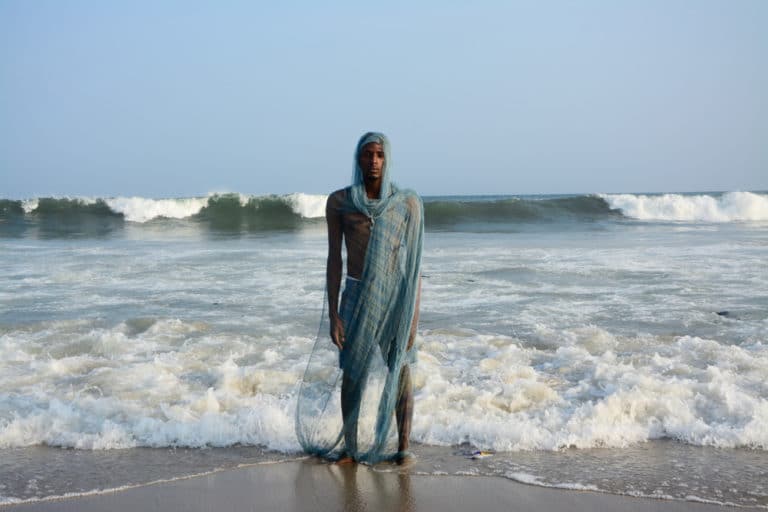Backlash breaks as Brunei passes new laws that violate human rights

Despite growing international pressure, the Southeast Asian sultanate of Brunei invoked a new set of laws authorising the government to stone to death any person convicted of engaging in homosexual sex or adultery. The brutal decrees, which went into effect yesterday, mark the culmination of a five-year process of adopting the strictest interpretation of Sharia law in the oil-rich kingdom. As an international boycott of Brunei and its global assets gathers steam, the freedom and human rights of Brunei’s citizens, particularly of LGBTQ people and women, remain at grave risk.
Back in 2014, the sultan of Brunei—who is assumed to be one of the wealthiest men on earth—has introduced a set of Sharia laws set to be gradually implemented over several years. Since then, alcohol has been banned in the country, a fine was levied for missing the Friday prayer, public celebrations of Christmas were outlawed, and it became forbidden to have a child out of wedlock. In response to an outcry from the international community, Brunei has chosen to postpone the most brutal aspects of its Sharia regime.
As the media hype around the subject quickly faded, the Brunei government proceeded with its original plan and instituted the barbarian additions to the law, which include the death penalty for those found “guilty” of committing gay sex or adultery, and amputation for those convicted of theft. As of now, LGBTQ people do not just live with lingering fear of social persecution—they have been officially outlawed.
Matthew Wolfe, an Australian activist, has founded The Brunei Project, the world’s only advocacy group supporting Brunei’s LGBTQ community, back in 2015. Operating primarily through social media, Woolfe and his supporters have been trying to organise Brunei queers and help their cause; a task Woolfe describes as exceedingly challenging due to the perpetual atmosphere of terror, which prevents LGBTQ people from binding together and forming any type of community. “I think that there’s a fear that if they do become more vocal and more active that may actually be to their detriment. From what I’ve gathered, there tends to be a feeling that if they keep a low profile and not get noticed, then they may be able to get through it,” said Woolfe in an interview.
Since news about the implementation of the laws began to circulate last week, a public outcry sparked across various media and social media platforms. Queer activists from around the globe took to Facebook, Twitter, and Instagram to raise their voice in protest, express solidarity with Brunei’s LGBTQ people, and demand governmental action. In the meantime, celebrities such as George Clooney, Ellen DeGeneres, and Elton John have called for boycotts against hotels owned by Brunei across the globe, including the Dorchester and Coworth Park hotels in the U.K., and the Beverly Hills Hotel and Hotel Bel-Air in Los Angeles. Among companies and institutions that joined the boycott are Traffic For London (TfL, running the London Underground and buses), which removed Brunei’s tourism banners from their stations, Virgin Australia, which cancelled one of their agreements with Brunei’s airlines, and Scotland’s Aberdeen University, which announced it will review an honorary degree granted to the Sultan back in the 90s.
While activists, media and public figures, and a handful of corporations have risen up in protest over the matter, the governments of the world have either been reluctant to intervene or rendered half-baked comments devoid of true substance and vigour.
It is inspiring to see people, activists, and public figures tackling this issue with zest, but a commercial boycott by private citizens and several companies is insufficient. Such a blatant attack on human rights and freedoms warrants a coordinated, serious response by world governments. It is inconceivable that a country as dominant on the global stage as the United States would do so little. And what about the United Kingdom, the sultanate’s former coloniser? Why should it be up to TfL to take on Brunei without the backing of the British government?
We often fail to understand that the fates of humans are interconnected. A pain inflicted upon a marginalised population across the ocean reverberates with force and ultimately affects the global community as a whole. The handling of the situation in Brunei by world leaders will signal to autocrats across the globe precisely what they may or may not be able to get away with.




